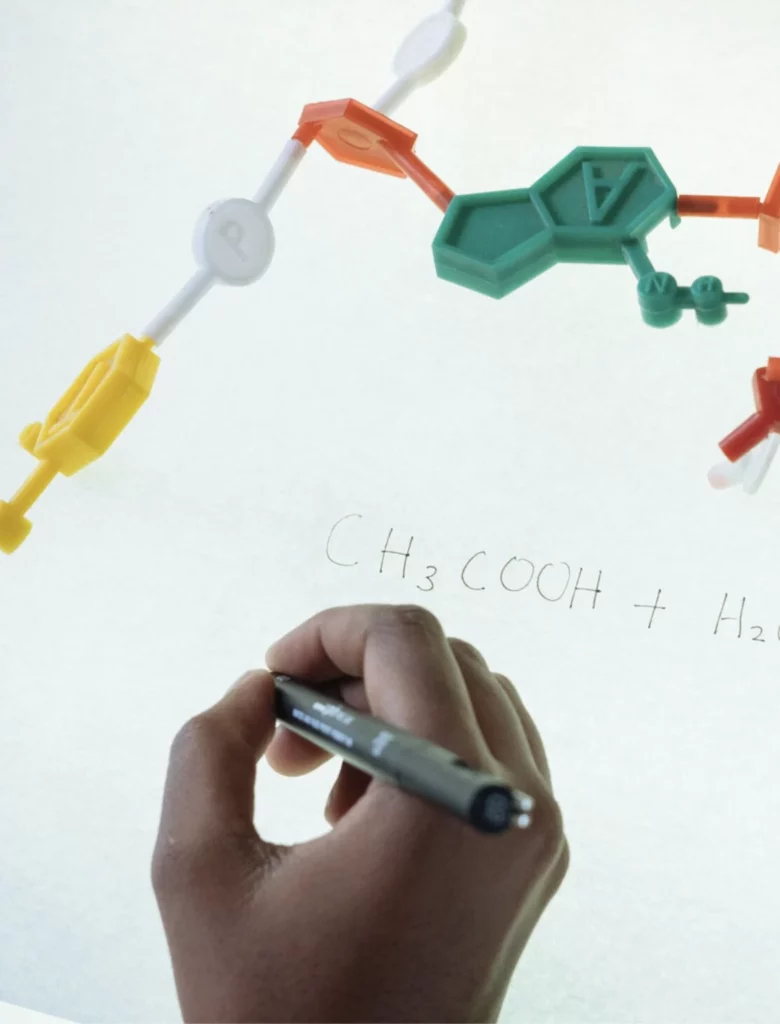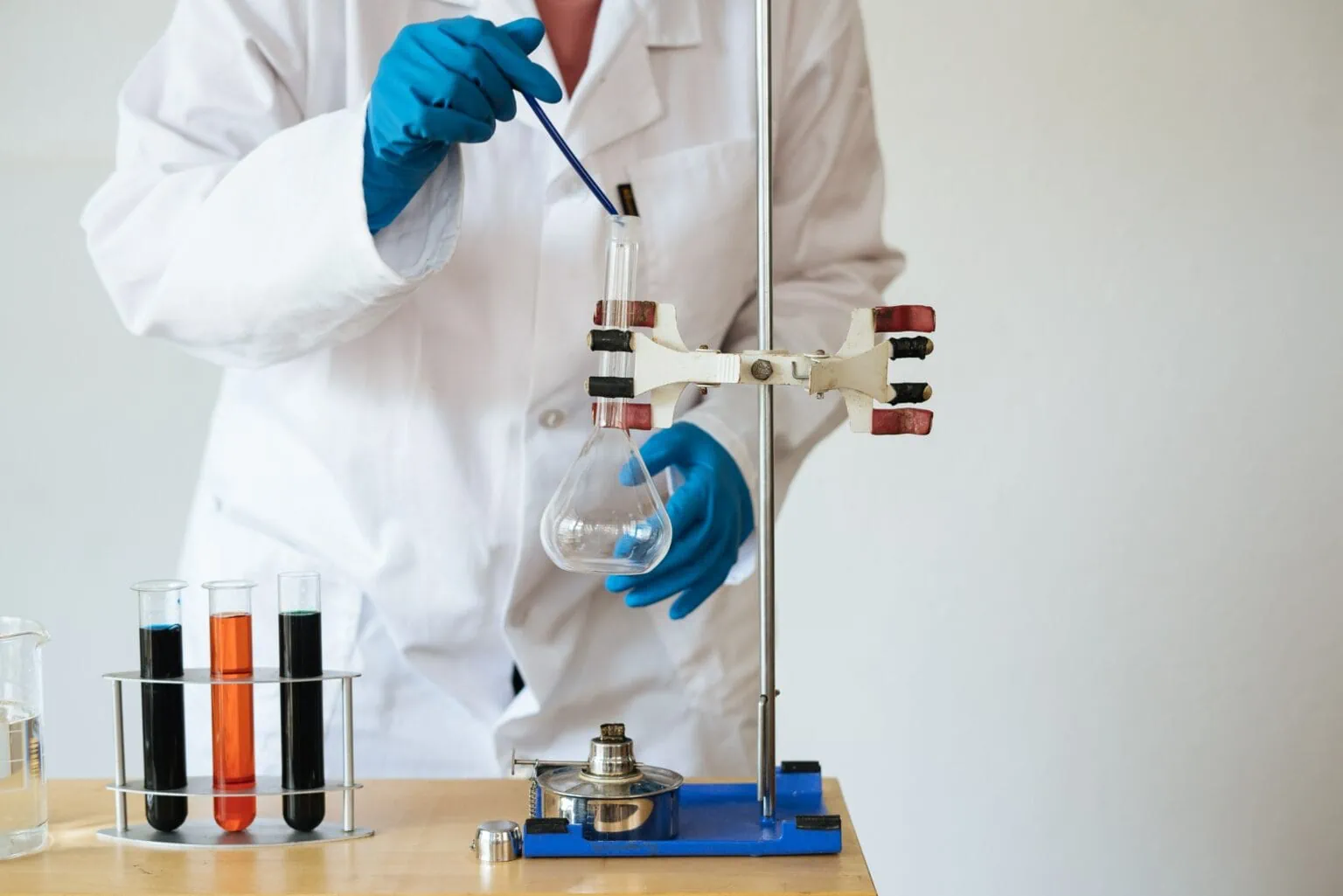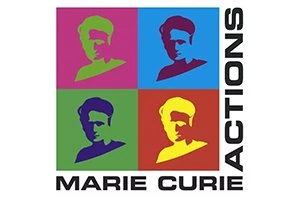Microfluidics and chemistry: DarChemDN
Author
Marco De Battista
Publication Date
May 23, 2023
Keywords
Darwinian Chemistry
synthetic chemical systems
microfluidics and chemistry
Droplet Microfluidics
Darwinian evolution
High-throughput droplet generation
Your microfluidic SME partner for Horizon Europe
We take care of microfluidic engineering, work on valorization and optimize the proposal with you
The project aims to study Darwinian Chemistry by creating synthetic chemical systems that can reproduce and undergo open-ended Darwinian evolution.
Microfluidics and chemistry: introduction

What can be obtained by joining the disciplines of microfluidics and chemistry? The answer is a new entire field: evolutionary chemistry.
The sheer abundance and diversity of living organisms on Earth demonstrate the success of Darwinian evolution.
Through repeated random selection of the best traits for survival, life has evolved with increasing complexity and efficiency.
Darwinian evolution can be seen as a self-replicating process resembling a robust algorithm capable of selecting and enhancing any system that provides competitive advantages over similar traits.
Humans have learned methods to guide evolution for various practical purposes, such as breeding animals (livestock, companion animals) and plants (crops).
On a smaller scale, evolutionary principles have been applied to computing systems and synthesizing proteins and nucleic acids, providing biomedical applications with advantageous outcomes.
Now, scientists are venturing into the realm of creating Darwinian chemistry with self-replicating synthetic molecules by joining microfluidics and chemistry.
This brand-new Darwinian chemistry, which does not involve genetic material, could potentially shed light on the transition from inorganic to organic matter linked with the origin of life.
Compartmentalized self-replication of inorganic molecules: project description
The DarChemDN project aims to create innovative synthetic chemical systems capable of reproduction and open-ended Darwinian evolution. In other words, it seeks to establish groundbreaking Darwinian chemistry that was previously only theoretical but is now realized by bridging microfluidics and chemistry alongside other disciplines.
The DarChemDN program is a European MSCA doctoral network that will train ten postgraduate candidates to become pioneers of the emerging discipline of evolutionary chemistry. The program will foster collaborative research across multiple international research centers, working towards several ambitious objectives.
Among these, microfluidics and chemistry will come together by developing viable autocatalytic systems, incorporating these systems into confined compartments, adding metabolic processes, and achieving system evolvability.
The ten candidates will focus on the project’s distinct yet interconnected aspects, collaborating with academic and industrial institutions. DarChemDN is expected to have a profound impact on applied chemistry and materials science, spanning areas such as catalysis, sensing, and signaling. It will enable the optimization of functions through evolutionary processes.
DarChemDN: our role
 We will contribute to the advancement of Darwinian chemistry by focusing on the development of compartmentalized autocatalytic systems by effectively linking microfluidics and chemistry.
We will contribute to the advancement of Darwinian chemistry by focusing on the development of compartmentalized autocatalytic systems by effectively linking microfluidics and chemistry.
This aspect is crucial for protecting against parasites and promoting cooperation within replicator communities. The doctoral candidate, under the supervision of Dr. McMillan, will be responsible for developing a high-precision flow control system for droplet generation.
The specific objective will be to design a fluidic control system capable of achieving low flow rates and high-throughput droplet generation. Autocatalytic form reactions will incorporate the newly developed flow control systems by the MIC, bringing together microfluidics and chemistry in natural experimental settings.
Overall, developing these new tools for microfluidic control will contribute to establishing the emerging field of Darwinian chemistry.
This project has received funding from the European Union’s Horizon research and innovation program under the Marie Skłodowska-Curie grant agreement no. 101119956 (DarChemDN).
Topic: HORIZON-MSCA-2022-DN 01-01
Start date: 01 November 2023
End date: 31 October 2027
EU contribution: € 2,721,304.79



Check our Projects
FAQ – Microfluidics & Chemistry: DarChemDN
What is DarChemDN in plain terms?
DarChemDN is a European MSCA Doctoral Network dedicated to “Darwinian chemistry”: building synthetic chemical systems that can reproduce and evolve, without relying on genetic material. The goal is to move from theory to working systems that show open-ended evolution and help explain how complex functions can emerge purely from chemistry.
What are the formal project parameters (funding, timing, scope)?
DarChemDN is funded under Horizon Europe (MSCA Doctoral Networks), Grant Agreement No. 101119956. Timeline: 01 November 2023 to 31 October 2027. EU contribution: €2,721,304.79. The network trains ten PhD researchers across multiple institutions and industry partners, including MIC.
How does microfluidics actually enable Darwinian chemistry?
Droplet microfluidics lets researchers create millions of tiny, isolated reactors, compartments where autocatalytic reactions can replicate and be selected. Tight control over flow rates and droplet generation makes it possible to run evolution-like cycles at scale, while protecting promising chemistries from “parasites” and noise that would dominate in bulk.
What is MIC’s role in the project?
MIC is developing high-precision flow control for stable, high-throughput droplet generation at very low flow rates. These tools are the backbone for compartmentalized autocatalytic systems, exactly the regime where evolutionary behaviors can be probed without genetic polymers. The doctoral researcher will implement and iterate these platforms within real experimental workflows.
What scientific objectives are on the table?
Several strands run in parallel: (i) build viable autocatalytic networks; (ii) embed them in confined compartments (droplets/vesicles) to manage cooperation and suppress parasitism; (iii) add minimal “metabolic” steps; and (iv) demonstrate evolvability, i.e., selection and improvement of function over cycles.
Why does this matter for applied chemistry and materials science?
If functions, such as catalysis, sensing, and signal amplification, can be improved by selection rather than exhaustive design, we get a new route to materials and molecular devices. Directed evolution revolutionized proteins; DarChemDN explores whether analogous selection can sculpt wholly synthetic chemistries into useful tools. Expect implications for catalysis, smart sensors, and adaptive materials.
I’m building my own platform. What technical pitfalls should I anticipate?
Expect drift in flow at ultra-low rates, surfactant carry-over, and inter-droplet crosstalk that mimics “cooperation.” You’ll also need rigorous compartment statistics (size distribution, residence time) and parasite-suppression strategies. Most teams underestimate the engineering needed to keep selection pressures stable across days, not minutes. MIC’s flow-control work is designed to de-risk exactly these pain points.
Can this approach generalize beyond origin-of-life style questions?
Yes. Once you can impose repeatable selection on synthetic reaction networks inside droplets, you can hunt for better catalysts, “learned” sensing responses, and signal processing chemistries. Think of it as automated discovery under evolutionary pressure, a complementary paradigm to brute-force screening.
Where does MIC bring unique value to the consortium?
Three places: (a) robust microfluidic engineering that tolerates autocatalytic mixtures; (b) instrumentation that keeps droplet size/spacing/throughput within narrow bands over long runs; and (c) translational thinking, how to turn emergent functions into usable assays, sensors, or materials workflows. This mix of R&D with an industrial mindset is where SMEs like MIC shine in EU projects.
How can we collaborate with MIC on related topics?
Two patterns work well: (i) MIC as the microfluidics lead within your consortium (engineering, control, fabrication, and validation), or (ii) MIC as a focused R&D partner for specific modules (e.g., droplet generators, sensors, flow firmware). We also help stress-test proposals pre-submission, tightening work packages, valorization plans, and risk matrices so that scientific ambition and engineering rigor are aligned.